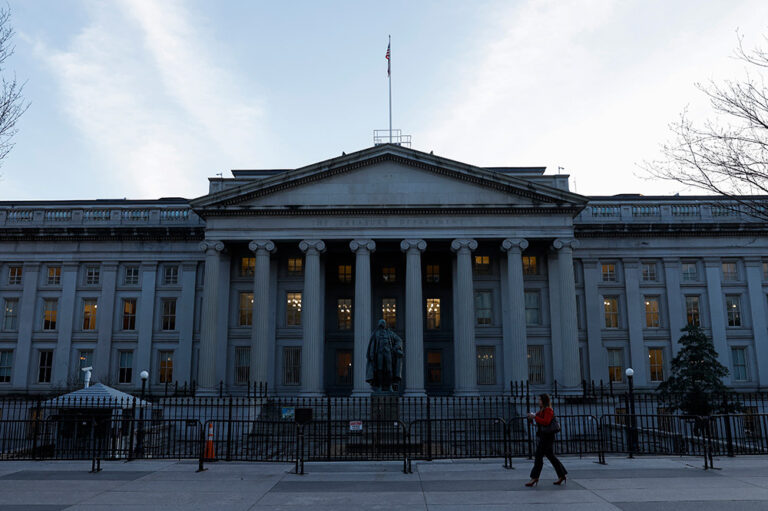Unless Congress can set aside partisanship and address our nation’s fiscal challenges, the growing national debt will “seriously jeopardize and undermine the American economy,” according to former Secretary of Defense Leon Panetta, who testified today before the Joint Select Committee on Budget and Appropriations Process Reform.
Panetta said that “at the heart of the budget process is the future fiscal health of the nation,” and if policymakers don’t act, “interest on the debt will spin out of control . . . leading to a ‘death spiral’ of deficits and debt.”
Citing the latest projections from the Congressional Budget Office, Panetta noted that the federal debt is projected to climb from 78 percent of GDP by the end of 2018 to 152 percent of GDP in 2048. That size debt "will lead to slower economic growth, lower income, higher interest rates, ballooning interest payments, reduced fiscal space, weakened international leadership and increased likelihood of financial crisis. The U.S. will not be able to respond to economic crisis.”
Panetta, who co-chairs the Committee for a Responsible Federal Budget is also a former CIA director, White House Chief of Staff, Director of OMB and Chairman of the House Budget Committee. In his written testimony, he outlined a history of the budget process, ways in which the current process is broken, and ideas and recommendations to reform the process in a bipartisan way.
Speaking more specifically about fiscal solutions, Panetta also expressed his support for a comprehensive plan to put America’s debt on a more sustainable long-term path.
Earlier this year, the Peterson Foundation released a set of principles to fix our broken budget process in a way that improves our nation’s fiscal outlook. While budget process reform alone cannot substitute for better decision-making on fiscal policies and priorities, there are many reforms that would help encourage fiscal sustainability.
Image credit: Photo by Alex Wong/Getty Images
Further Reading
The Fed Reduced the Short-Term Rate Again, but Interest Costs Remain High
High interest rates on U.S. Treasury securities increase the federal government’s borrowing costs.
What Types of Securities Does the Treasury Issue?
Let’s take a closer look at a few key characteristics of Treasury borrowing that can affect its budgetary cost.
Quarterly Treasury Refunding Statement: Borrowing Up Year Over Year
Key highlights from the most recent Quarterly Refunding include an increase in anticipated borrowing of $158 billion compared to the same period in the previous year.


